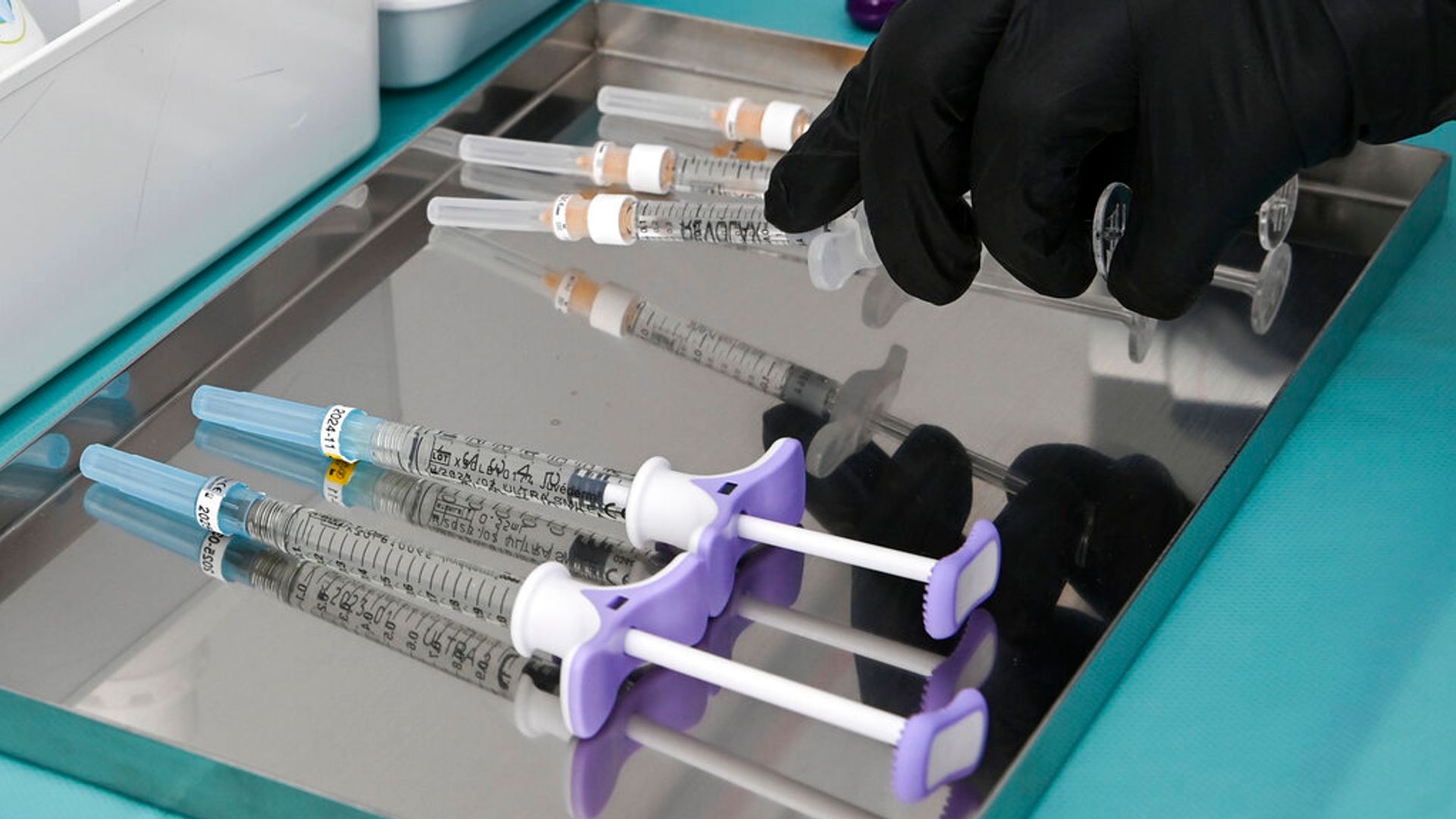A woman has had to be taken to hospital after undergoing a Brazilian butt lift procedure at a Glasgow hotel.
The city council’s environmental health has launched an investigation into the “recent” incident, with the local authority warning of the dangers of “pop-up” cosmetic clinics operating across the UK.
In a separate incident, thousands of pounds’ worth of unlicensed and unprescribed products used in cosmetic injections were seized from a warehouse in the north of the city in January.
Environmental health officers joined forces with the Medicines and Healthcare products Regulatory Agency (MHRA) after concerns were raised by the public and Police Scotland about the type of products being stored, distributed and sold from the premises.
A number of unauthorised aesthetic products were seized during the inspection, including almost 400 non-compliant dermal fillers and 320 non-compliant needles/cannulas.
More than 180 vials of unlicensed and suspected illegally traded botulinum toxin were also seized.
Councillor Ruairi Kelly, convener of neighbourhood services, said: “The use of unlicensed and unauthorised products and unprescribed medicines in some aesthetics clinics is a serious concern. It is illegal and puts people’s health at risk.
“Our environmental health team has received an increasing number of complaints about practices and procedures in Glasgow aesthetic clinics which don’t need to register with Healthcare Improvement Scotland (HIS).
“Demand for these types of procedures is high and we are also finding that practitioners are travelling around the UK to hold pop-up clinics in locations that are not suitable for this type of treatment.
“Environmental health is currently investigating a recent incident where a woman was hospitalised after undergoing a Brazilian butt lift procedure in a Glasgow hotel.”
Read more from Sky News:
Woman’s death after ‘Brazilian butt lift’ prompts coroner’s warning
Two-thirds of cosmetic surgery injections ‘not carried out by doctors’
Councillor Kelly said people need to be “extremely careful” when considering undergoing cosmetic procedures.
He added: “If they go wrong the consequences can be painful, disfiguring and require emergency medical treatment.”
The councillor said environmental health officers are continuing to carry out inspections of aesthetic clinics across the city to help safeguard the public and will take enforcement action when needed.
Keep up with all the latest news from the UK and around the world by following Sky News
Just last month, City of Edinburgh Council warned residents set to undergo a Brazilian butt lift (BBL) to contact them over concerns about cosmetic surgeries being offered through social media.
The Scottish government is currently considering developing a licensing scheme for aesthetic activities.
Aesthetics clinics which employ a medical professional, such as a doctor, nurse or dentist, must be registered with HIS. However, there is no such requirement on those that don’t employ a registered medical professional.
Andy Morling, MHRA deputy director (criminal enforcement), said: “Medicines like these are powerful and dangerous in the wrong hands, potentially leading to serious adverse health consequences.
“The criminals trading in these products are not only breaking the law, they also have no regard for people’s safety.
“It is illegal to advertise, sell or supply medicines such as these without the appropriate authorisation.
“If you see these products, or any other powerful medicines, being sold on social media or elsewhere online, be very cautious. It’s highly unlikely to be legitimate.”
Be the first to get Breaking News
Install the Sky News app for free
Botulinum toxin injections relax facial muscles to smooth out lines and wrinkles, such as crow’s feet and frown lines.
Dermal fillers are injected into the face and lips to fill lines and wrinkles and add volume to areas such as cheeks.
Botulinum toxin, which is a prescription-only medicine (POM), should only be used if prescribed by a competent person, for example a doctor or a nurse, and following a one-to-one consultation between the client and prescriber.
The botulinum toxins should also be labelled with the name of the person receiving the injections.
Those with concerns are being urged to contact MHRA via its yellow card reporting scheme.



